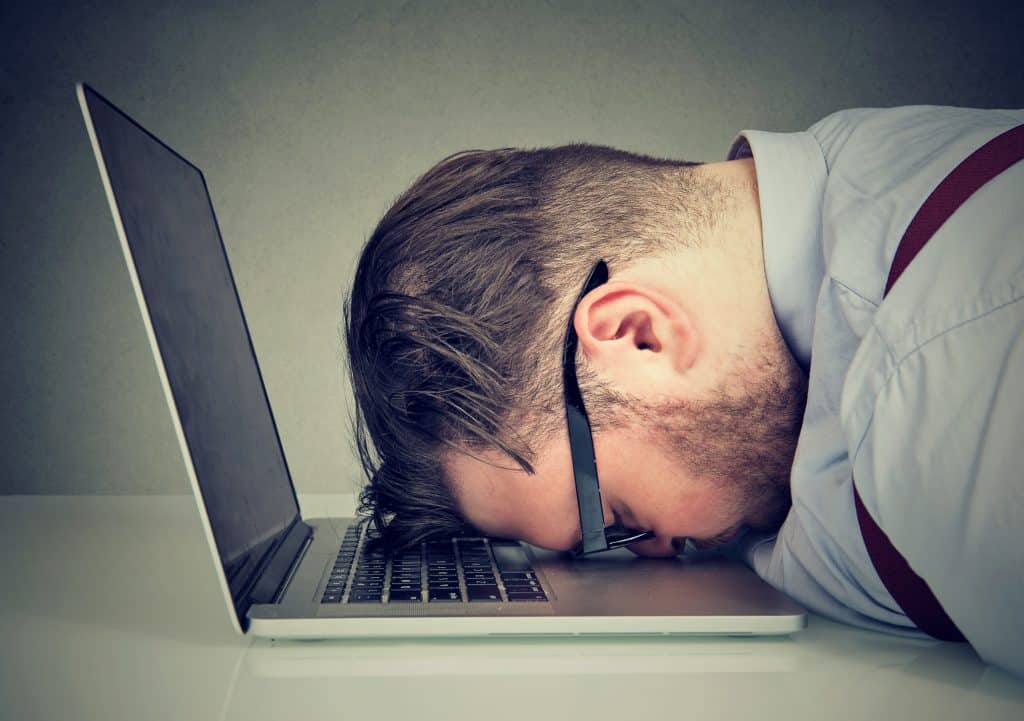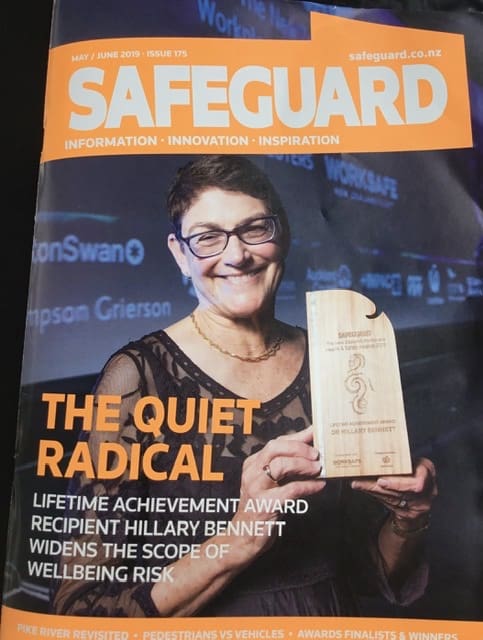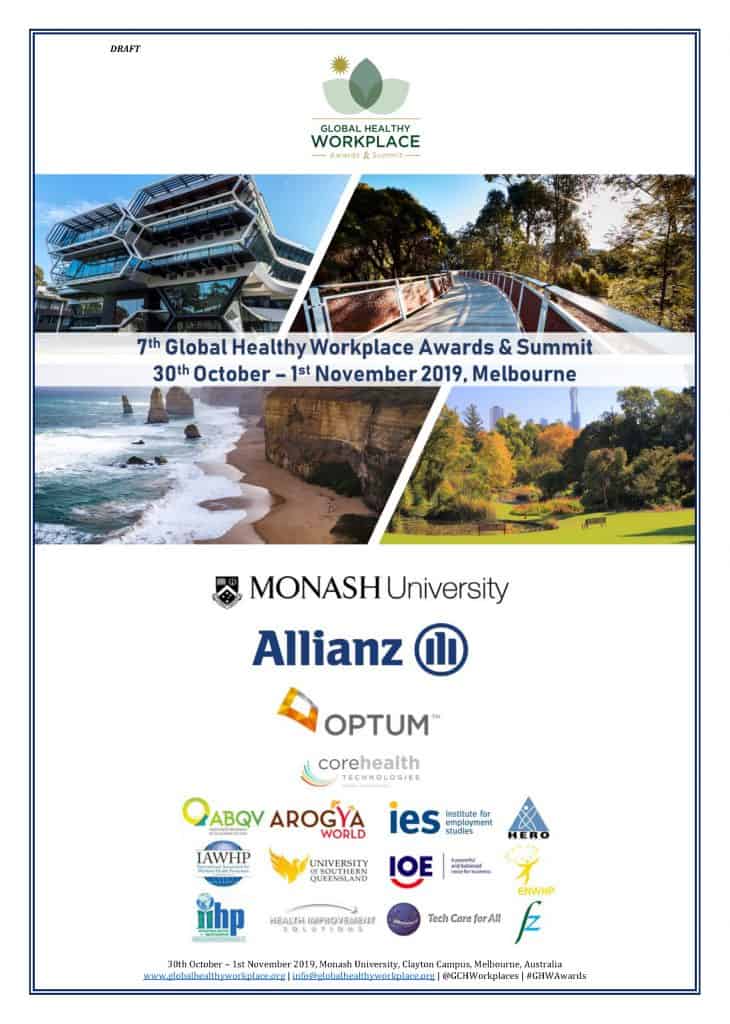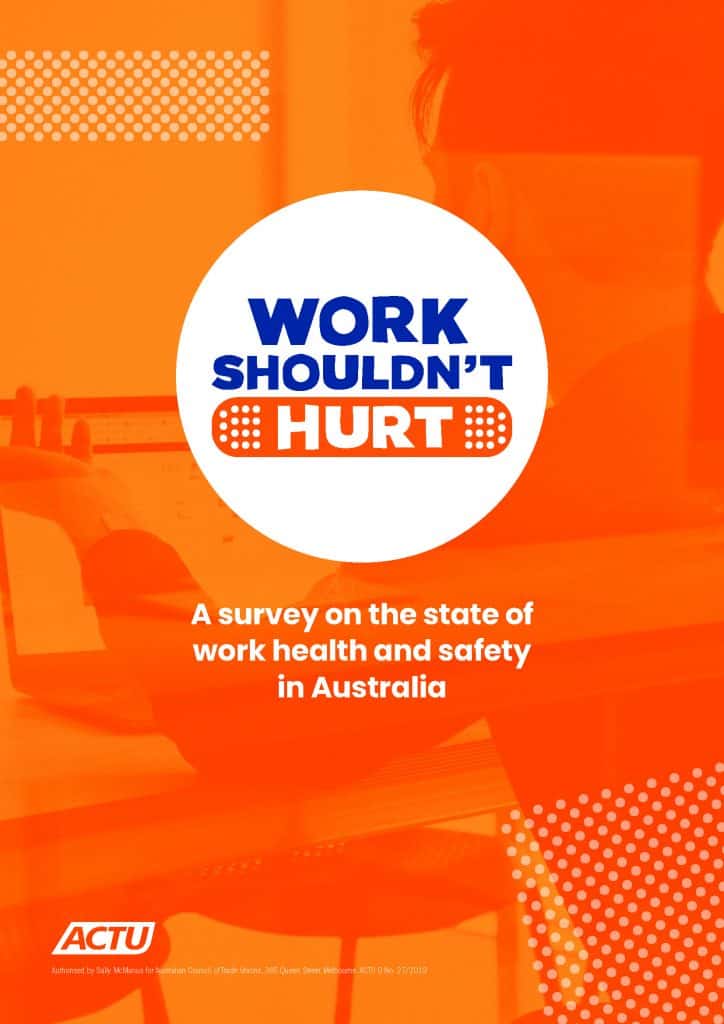
In December 2019, it was announced that Professor Maureen Dollard had received funding to investigate “the impact of toxic workplaces on mental health”. The significance of this research is evident in the University of South Australia media release which describes this research as the “first of its kind in the world.





